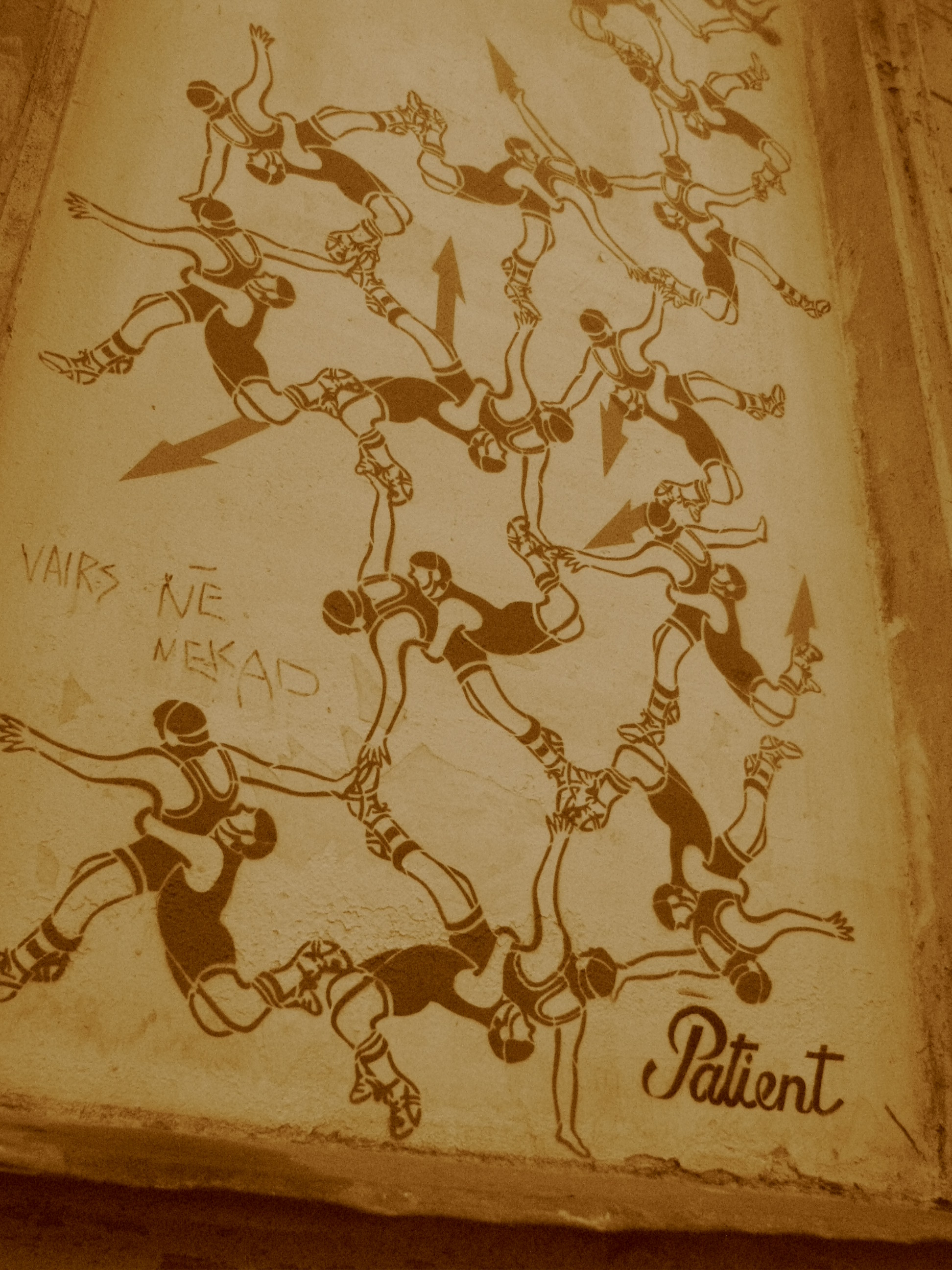Updated on November 2, 2015
Social Innovation is ubiquitous: from the Magna Carta until IoT
We face sometimes setbacks along the line between heart and money, it depicts the dualism between duty and passion. Our emotional beat displays our humanity disguised as personal passion and duty is the – funny or awkward depends on your relationship with it – phantom of money, chasing us like ‘CCTV’ system to refer to. However I believe that the purpose, finding a meaning in any environment, represents the avenue where our aspirations, mental health and the main challenges are entrusted.
Imagine creating innovative services requires involving multiple concepts and involve many actors. In the last decade we have had more and more random opportunities to hear and to read about the Internet of things: connecting billions of devices to the internet, and thus to one another, will create platforms for important service innovations. Yet, today it is not clear how it will impact on people’s lives. However Intel summarized as it follows: imagine and automated message from home adding milk to the shopping list because the fridge recognized that carton was empty.
This story might alarm our perception what is human in a fast ever-changing, virtual techno world. Also it could raise the projection of algorithms making decisions for us. IoT frames a crucial challenge to service innovation like Lucy Kimbell sheds light on it perfectly.
However, a compelling story needs connections and meanings for and with the audience. So I have picked two examples from the endless story of the world that talks about transformations in two dimensions: government-led transformation and business-led transformation.
Government sparks transformation with policy innovation, by validating new legal frameworks.
A primal example of government-led paradigm shift is the Magna Carta. King John’s power was endless seizing any property he wanted. The economy was shrinking therefore the incentives’ investment doomed in a cul de sac. The barons cleverly were able to secure a permanent shift without overthrowing the current king: the document signed in 1215 forced the king to hand over his unlimited power. This event gave benefits to citizens so spurred a profound transformation to the way English society worked.
Business enables transformative change through ventures that link new markets up and disrupt the rules of the existing ones.
Few centuries later we had embraced Jobs and Wozniak contributions in 1977 with the Apple II. Similarly, the first personal computer was the 1974 Altair computer kit. Apple II triggered an unstoppable development of ecosystem of hardware, software and peripheral suppliers created to serve and support the users. Their world changed for the better along with a viable, profitable business for Jobs and Wozniak. Ultimately they addressed an unhappy tricky equilibrium through commercial path.
What does these signposts mean for creativity?
1.These two examples can be models of social transformation showing how the equilibrium has substantially shifted.
2. Service innovation sees many actors who need to get involved in generating value-in-use.
3.Service innovation concepts are multiple and temporal so the creativity involved in making valuable connections is shared among several diverse participants.

